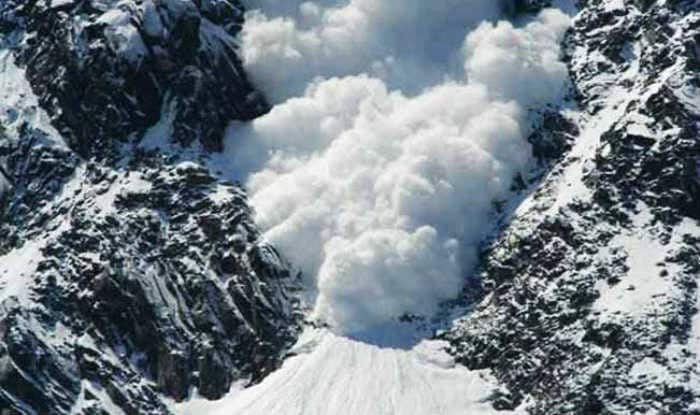Western stock markets have shown us last week what fear can do. And what is most to be feared than the potentially deadly enemy that you cannot even see? But is such fear and the ensuing hysteria really justified? I was listening to a top German virologist, Christian Drosten who co-discovered SARS, when he spoke at one of the round table talks on German TV last week (here essentially from 2:30 for our German speakers among the readership).
Drosten dropped a bombshell by dismissing all the hysterical reactions by the media, politicians, and even medical practitioners. He defined the coronavirus outbreak as pandemic flu, much like the ones the world experienced in 1957 and 1968 but cannot be remembered by our current generation and aren’t exactly comparable due to today’s health care environment. These were recurring events in history and the heated debates how a country was best prepared were futile at best.
The key to this pandemic flu was simply how quickly it would spread. The worst-case scenario he described as a fast accelerating proliferation of infections in coming weeks, since the health systems would be hopelessly strained, death rates spike in absolute numbers, and the world come to a standstill. At this stage, we were in no position to know whether a scenario along such lines is probable or not, but Drosten and his colleagues don’t seem to think so.
On the other hand, if the forecast among virologists that UV-rays and warmer weather leading to a rectification of the spread held, and a benign outbreak could be bridged into the spring and summer months, it would be much less of a problem. And if the pandemic flu were to be drawn out over two years, it would not be a problem at all. Another bout of infections was possible later on in the year, but again, this is according to the design of RNA-viruses before they evaporate again.
In other words, this too shall pass. Let’s just hope Drosten is right. He at least aired a convincing level of expertise and a high level of confidence. Whether people watching him speak will do anything to contain fear and hysteria is another matter entirely, though. Masses will always behave in a human way, and mostly irrationally. If governments have little means to influence the course of the pandemic, they will be crucial in how to react to the looming economic impact.
Rate cuts and other monetary measures are increasingly being talked about. But they won’t do much good, as normal commercial borrowing channels are being disrupted, and excess liquidity will not reach the ones who need it the most, ie medium- and smaller sized businesses. The Fed is still likely to do its dues and come up with a sizeable and/or multiple rate cuts this year, but the effect will most likely be psychological and short-term supportive of risk markets.
What the world much rather needs in light of economic activities having come to a standstill like in China and global supply chains being disrupted are emergency fiscal measures. It may less be seen as a stimulus in the traditional sense, as this might not be sufficient to fight a health- or natural disaster crisis like this one, than a bridge for a temporarily suspended economy. If we go with Drosten’s thesis, then Covid-19 is not designed to destroy the long-term economic trend.
China has already re-launched its proven program of infrastructure spending which has the most direct impact on GDP. Front-loading funds to build an even better train- and highway network across the country will not harm China’s economy in the long run but make it even more competitive. More funds for the build-out of 5G have a similar effect, and at the same time it lifts other trade war-induced burdens on the likes of Huawei.
The Western world will most likely resort to zero-interest lending by government agencies or agency financial institutions as well as tax reprieves for the hardest-hit sectors. Not that America and Europe don’t need better infrastructure, but the lead time to launch such programs is longer than in places such as China and have a less immediate effect on GDP. Nevertheless, Germany has apparently come to its senses and is about to throw its surplus policies overboard… about time.
So, on markets going forward… If, and these are still massively big ifs, Drosten is correct with his assumptions on Covid-19 to be a manageable pandemic flu and exactly that, if global warming bestows on us an early summer, if governments across the world are sufficiently scared to open up their coffers and churn out ample funds to carry their economies, and if the trade blocs on the planet put their animosities on ice for a while, then I wonder why armageddonists like Roubini and Minerd are being listened to?
